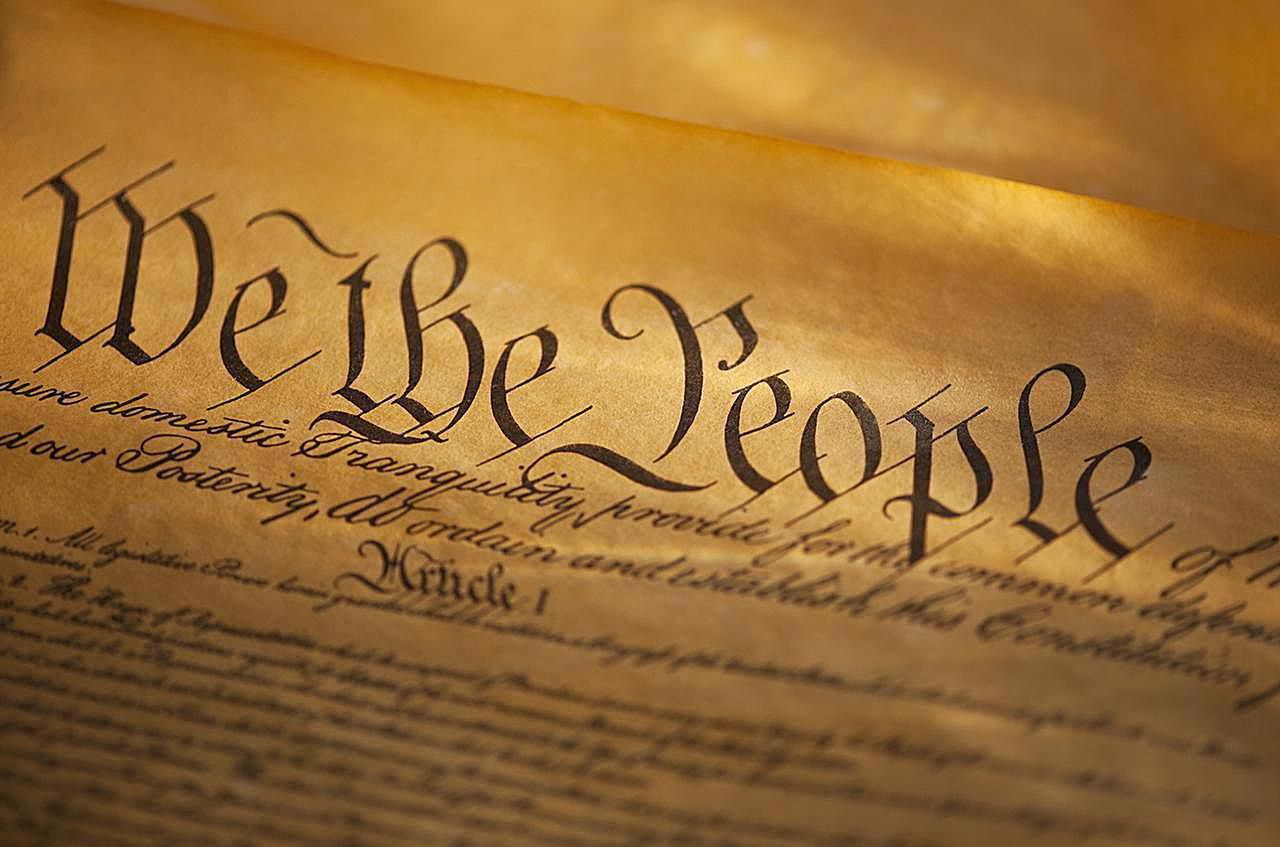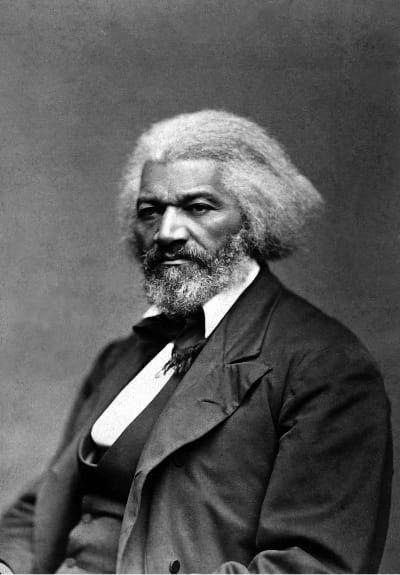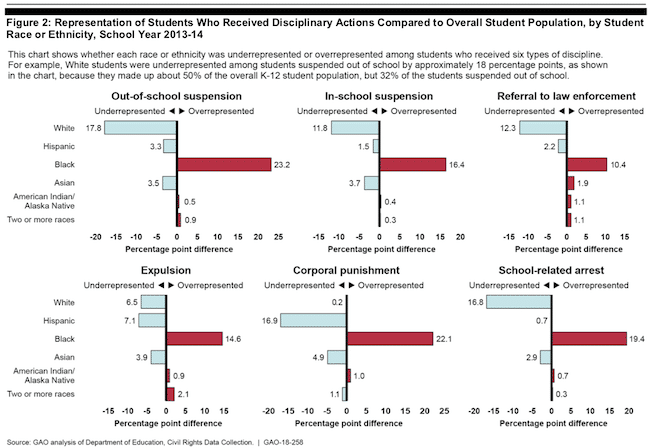A more perfect union
The United States is an exceptional nation founded on exceptional principles. Our founding was more than a simple political revolt, the Founders waged an ideological revolution—one that ushered in a new epoch—unparalleled in all of human history.

The following was written as I gathered my thoughts before a meeting of the Florida State Board of Education. Per Florida Statute S1001.02, "the State Board of Education is the chief implementing and coordinating body of public education in Florida"..."and it shall focus on high-level policy decisions. It has authority to adopt rules pursuant to ss. 120.536(1) and 120.54 to implement the provisions of law conferring duties upon it for the improvement of the state system of K-20 public education". As the chief implementing and coordinating body of public education, we are responsible to adopt curriculum standards, compliant with Flordia law, for K-20 schools in Florida.
At our June 10th meeting in Jacksonville, we were asked to approve an amended rule relating to teaching of history, which stated,
Instruction on the required topics must be factual and objective, and may not suppress or distort significant historical events, such as the Holocaust, and may not define American history as something other than the creation of a new nation based largely on universal principles stated in the Declaration of Independence.
Efficient and faithful teaching further means that any discussion is appropriate for the age and maturity level of the students, and teachers serve as facilitators for student discussion and do not share their personal views or attempt to indoctrinate or persuade students to a particular point of view that is inconsistent with the Next Generation Sunshine State Standards and the Benchmarks for Excellent Student Thinking (B.E.S.T.) Standards.
An amendment to the rule passed by a vote of 5-2:
Instruction on the required topics must be factual and objective, and may not suppress or distort significant historical events, such as the Holocaust, slavery, the Civil War and Reconstruction, the civil rights movement and the contributions of women, African American and Hispanic people to our country, as already provided in Section 1003.42(2), F.S. Examples of theories that distort historical events and are inconsistent with State Board approved standards include the denial or minimization of the Holocaust, and the teaching of Critical Race Theory, meaning the theory that racism is not merely the product of prejudice, but that racism is embedded in American society and its legal systems in order to uphold the supremacy of white persons. Instruction may not utilize material from the 1619 Project and may not define American history as something other than the creation of a new nation based largely on universal principles stated in the Declaration of Independence. Instruction must include the U.S. Constitution, the Bill of Rights and subsequent amendments.
The final vote for the rule change was unanimous.
I read portions of the material below at the June 10th board meeting.
The United States is an exceptional nation founded on exceptional principles. Our founding was more than a simple political revolt, the Founders waged an ideological revolution—one that ushered in a new epoch—unparalleled in all of human history and reordered the nascent American society around timeless truths.
Those truths first found voice in the Declaration of Independence, when the Founders proclaimed that “all men are created equal” and “that they are endowed by their Creator with certain unalienable rights.” Indeed, the Framers considered the Declaration’s assertion of human equality to be a self-evident truth—upon which our republican form of government is based.
Our Constitution codifies those principles. In the oft quoted preamble we read:
We the People of the United States, in Order to form a more perfect Union,
A more perfect union. Not a perfect union, but a more perfect union than what existed prior under the rule of the King, but more importantly than had existed in all of human history. Our founders understood that the government they were establishing was far from perfect, but it was indeed a more perfect form of government. One that could eventually unite its citizens based on principles they recognized as universal[1].
The Constitution's goals of establishing justice and securing the blessings of liberty—were prompted by the contemporaneous perception that state governments were violating individual liberties through the tyranny of popular majorities. And here we are in 2021 with debate raging, in some circles, advocating for running roughshod over Constitutional protections meant to protect the minority from the whims of the majority.
The Fourteenth Amendment to the U.S. Constitution provides that no State shall “deny to any person within its jurisdiction the equal protection of the laws.” The “central purpose” of the Equal Protection Clause “is to prevent the States from purposefully discriminating between individuals on the basis of race.” Purchased at an immeasurable price, the equal protection principle reflects our shared understanding that racial classifications ultimately have a corrosive impact on our union.
Similarly, the Constitution's goals of ensuring domestic tranquility and providing for the common defence were noted in the Federalist Papers, later attributed to founders John Jay and Alexander Hamilton, who described both the foreign threats and interstate conflicts that faced a disunited America as an argument for ratification.
In his famous I Have a Dream speech, Dr. Martin Luther King, Jr. declared that when the
architects of our great republic wrote the magnificent words of the Constitution and the Declaration of Independence, they were signing a promissory note to which every American was to fall heir.
In Federalist No. 51, James Madison described justice as the end of government . . . [and] civil society that has been and ever will be pursued until it be obtained, or until liberty be lost in the pursuit.
To this day, we are an imperfect nation, struggling to live up to our ideals. However, to...establish Justice, insure domestic Tranquility, provide for the common defence, promote the general Welfare, and secure the Blessings of Liberty to ourselves and our Posterity, we are governed by consent.
Government by consent “emerged because it is the only arrangement compatible with the premise of natural equality.” The Declaration of Independence therefore infused our national character and our Constitution instituted the timeless truth rooted in nature—that all humans are created equal.
In the context of the matter before us today, a school district, a school or teacher that permits, promotes, or endorses curricula or pedagogical methods that tell an individual that he or she should feel discomfort, guilt, anguish, or any other form of psychological distress on account of his or her race, almost certainly creates a racially hostile environment. Antiracism, as defined by proponents of critical race theory or CRT, assigns immutable negative characteristics to individuals solely based upon their race or ethnicity. And it conveniently frames any philosophical disagreement or objection to this assignment as racism.
The driving force behind CRT and antiracism is the complete and total ac- ceptance of a specific worldview—one that encompasses very specific notions about history, philosophy, sociology, and public policy. Being a so-called “antiracist” requires individuals to accept these premises and advocate for specific policy proposals. Individuals who do not comply cannot truly be “antiracist,” and are, therefore, considered racist. By its own terms, antiracism excludes individuals who merely advocate for the neutral legal principles of the Constitution[2]. It is conveniently constructed “like a mousetrap” and is therefore anathema to the founding principles of our republic.
As President Lincoln noted in a June 1857 speech given shortly after the Dred Scott decision, “The assertion that ‘all men are created equal’ was of no practical use in effecting our separation from Great Britain; and it was placed in the Declaration, nor for that, but for future use. Its authors meant it to be, thank God, it is now proving itself, a stumbling block to those who in after times might seek to turn a free people back into the hateful paths of despotism.”
Frederick Douglas speaking of the founding of the nation said,
Pride and patriotism, not less than gratitude, prompt you to celebrate and to hold it in perpetual remembrance. I have said that the Declaration of Independence is the ring-bolt to the chain of your nation’s destiny; so, indeed, I regard it. The principles contained in that instrument are saving principles. Stand by those principles, be true to them on all occasions, in all places, against all foes, and at whatever cost.

Like Lincoln, I pray that the principles defined in our founding documents and the blood spilled to affirm them, will continue to be a stumbling block for those that seek to define and divide us by our immutable characteristics, those whose ultimate goal is to destroy our union.
Influences for this post are too many to cite, but I relied heavily on a few sources. Here are the citations.
[1] Constitution Annotated Preamble: Doctrine and Practice https://constitution.congress.gov/browse/essay/pre-1-3/ALDE_00001235/
Critical Theory Briefing Book, Christopher Rufo https://christopherrufo.com/crt-briefing-book/
The 1619 Project https://www.project1619.org
Speech on the Dred Scott Decision, Abraham Lincoln https://www.nlnrac.org/american/declaration-of-independence/primary-source-documents/dred-scott-decision
“What to the Slave Is the Fourth of July?”, Frederick Douglass https://liberalarts.utexas.edu/coretexts/_files/resources/texts/c/1852 Douglass July 4.pdf



